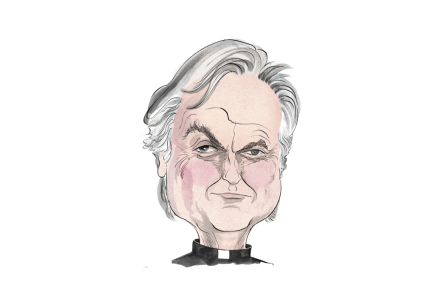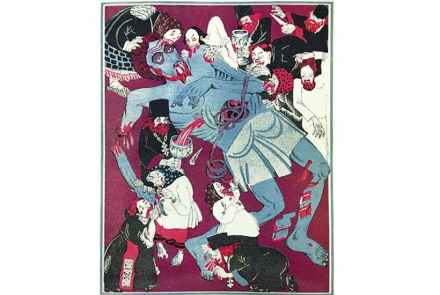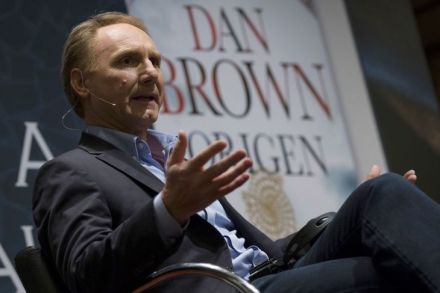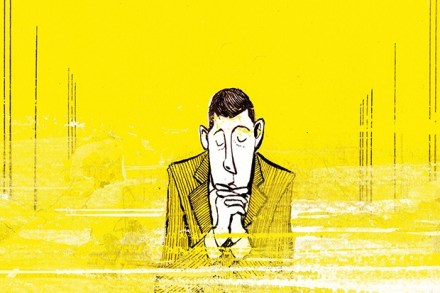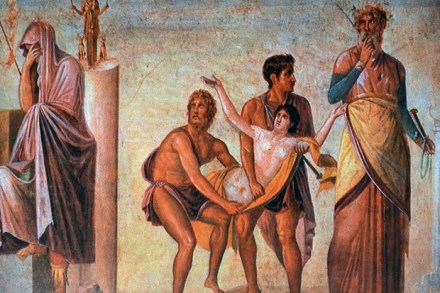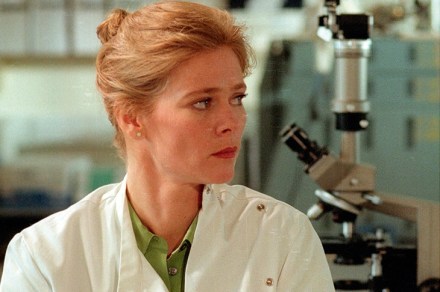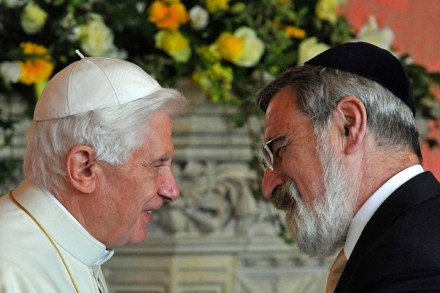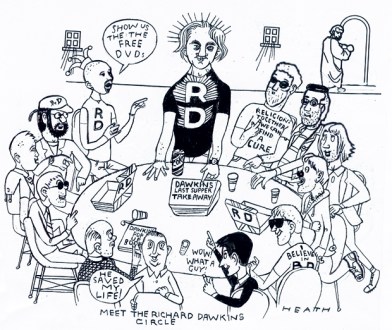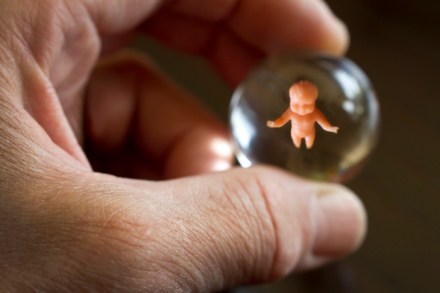Richard Dawkins is an ally to the oppressed
Richard Dawkins is no longer a humanist. At least, not one that deserves to be honoured as such, according to the American Humanist Association (AHA), which excommunicated him from the Humanist of the Year award last week. The fatwa issued by the AHA, which generously includes ‘critical thinking’ in a list of its own Ten Commitments, accused the evolutionary biologist of ‘demean[ing] marginalized groups’ when he asked his Twitter followers to ‘discuss’ the vilification of critics of transgender theory. Proponents of the new blasphemy codes have seemingly forgotten the decades of humanist work in favour of free speech. More qualified persons can better comment on Dawkins’s implied scepticism of modern
